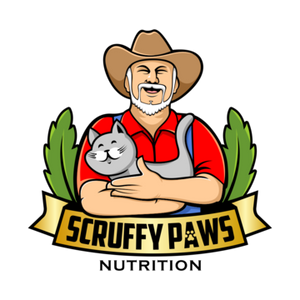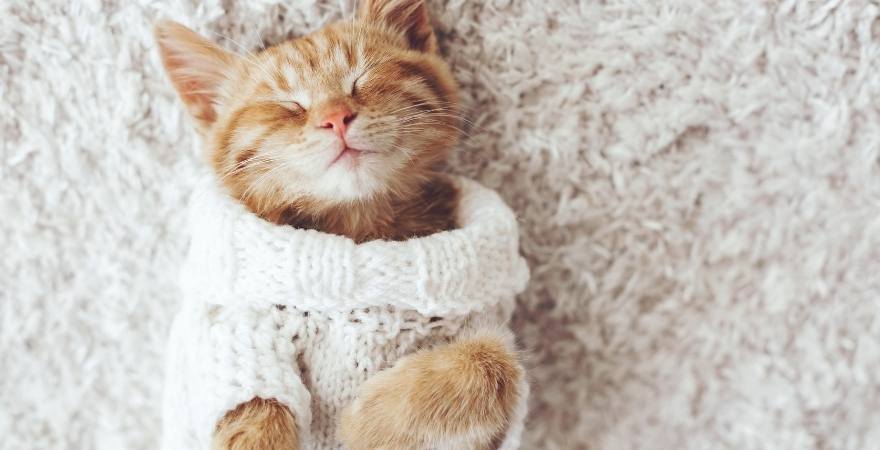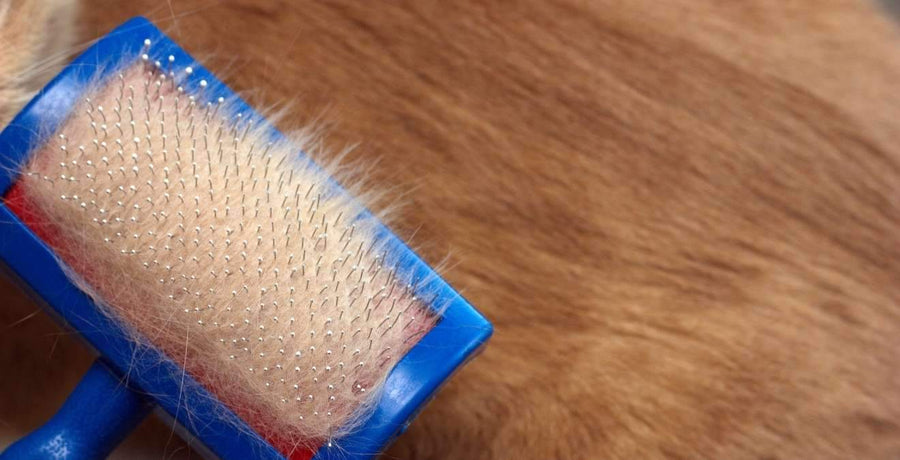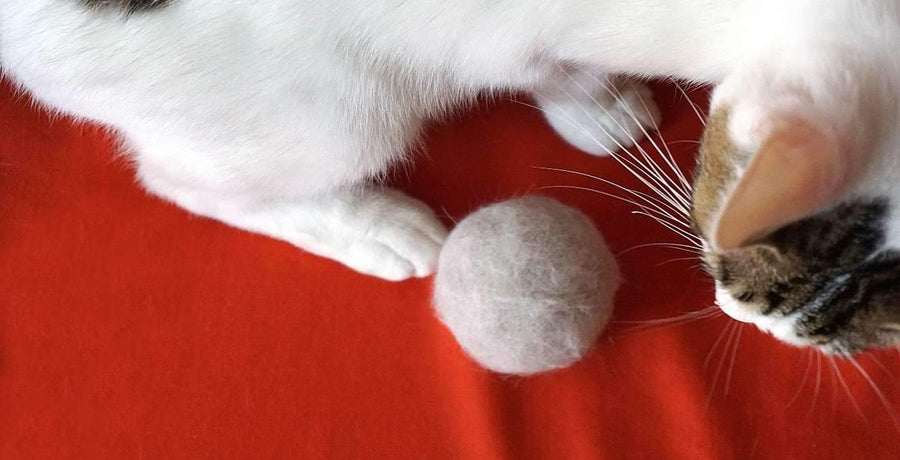Is your cat coughing up a hairball? This may be a disgusting mess that you are having to now clean up. Not only do you hate cleaning these but also they can cause many health issues for your cat such as intestinal obstruction.
Once you know what is causing your cat to develop hairballs, you can figure out what you need to do to prevent them from developing these hairballs. It is always best to see a vet if your cat is having signs that they may be obstructed with a hairball.
What are Hairballs and How Do They Form?
Hairballs are formed when your cat grooms themselves. The loose hair that they remove from themselves forms into a ball of hair in your cat's stomach and intestines.
Many times just a few hairs will easily mix in with your cat’s food and pass in their stool. However, there are certain times when your cat may be grooming excessively or shedding a lot to cause there to be a lot of hair that is formed in their stomach creating a nasty hairball.
The Main Reasons Indoor Cats Suffer from Hairballs
Many indoor cats get hairballs. These are a few reasons that hairballs are seen in cats.
- Increased Grooming: Cats who live inside tend to groom a lot to keep themselves clean. If your cat is stressed or has anxiety, they may even groom even more. This can cause your cat to develop hairballs.
- Seasonal Changes: When the seasons change your cat will shed a little more. Your cat will have a thick coat during the winter, and will shed this extra hair in the summer to keep the cooler. During this time your cat may have more hairballs due to them having more hair to lick out of their coat.
- Indoor/Sedentary Lifestyle: Cats who live inside ten to be a little lazier and live a more sedentary lifestyle. This decrease in activity can lead to a slowed digestive system and decreased GI motility. This will cause your cat to have trouble quickly passing hair through their digestive system. These cats do tend to have more of an issue with hairballs causing an obstruction.
- Breed: Long hair cats such as Main Coons and Persian cats will have more trouble with hairballs than cats with short or no hair. The longer hair can create more of an issue with hairball formation.
- Motility Disorders: If your cat has a GI motility disorder, they may have hairballs more often. As your cat is grooming, they need their intestinal tract to move this hair through their intestines and out with their feces. If your cat’s intestinal tract moves slower than normal, this can cause the hair to form a ball and get stuck in their intestines.
- Inflammatory Bowel Disease: Inflammatory bowel disease can be seen in many cats. This inflammation of your cat’s intestines can cause them to have GI issues such as vomiting and diarrhea. This will cause their intestines to not move normally. This inflammation can also cause the intestines to be narrower resulting in more hairballs getting such.
- Intestinal Obstruction: Hairballs can cause your cat to have intestinal obstructions. As hairballs form they can keep getting bigger. As they start to move through your cat's intestinal tract, they can easily get stuck along the way. The bigger the hairball the more likely you are going to have an issue with hair getting stuck.

If your cat has any signs of hairballs and it seems like these hairballs are causing issues, it would be best for your cat to see your vet. They may want to take an x ray to see if your cat has an obstruction from these hairballs or run test to figure out why your cat keeps getting hairballs.
How to Prevent Hairballs in Cats?
Many times prevention is the easiest way to treat hairballs in cats. These are a few things that you can do at home to help prevent you cat from getting hairballs
- HairBall Diets: There are many diets formulated to help decrease hairball formations and help hairballs easily be able to pass through your cat intestinal tract.
- HairBall Treats: All cats love treats. If you are giving your cat a treat anyways, offer them one that will also help prevent them from developing hairballs. (For example... the Scruffy Paws Hairball Be Gone Natural Chew)
- Hairball Gels: This is a gel-like substance that you put on your cat's food or paw to lick off. This will help your cat be able to easily pass any hairballs that they have.
- Grooming: Brushing and grooming your cat will help decrease any loose hair thus decreasing the amount of hair that your cat consumes. This will help keep your cat from developing as many hairballs.
Final Thoughts
If your cat is suffering with hairballs, these are a few reasons why they may be developing these gross balls of hair. Once you figure out the cause of the hairballs, you can try a few of these suggestions to try to keep your cat from developing hairballs. WHile they may just be a gross ball of hair that you have to clean up, they can lead to something more serious in your cat.
Dr. Sara Ochoa, DVM
Veterinary surgeon, LinkedinSara Ochoa, DVM graduated from St. George’s University Veterinary School in 2015. Since then, she has been at a small and exotic animal practice in Texas. In her free time, she loves making quilts and spending time with her husband Greg and their 4 fur kids. Two dogs, Ruby a schnoodle, and Bug a Japanese Chin, one cat named OJ and a leopard tortoise named Monkey.



